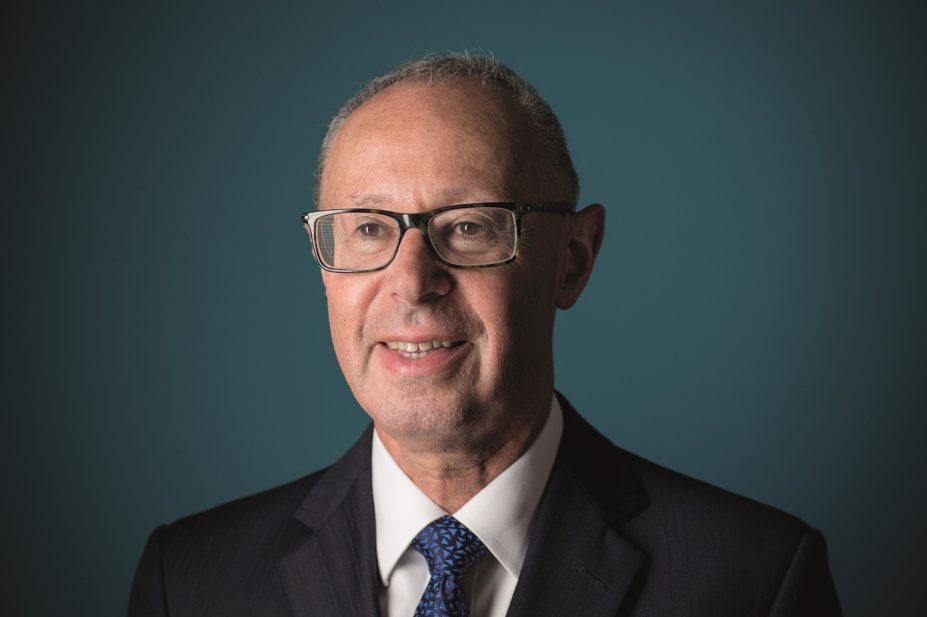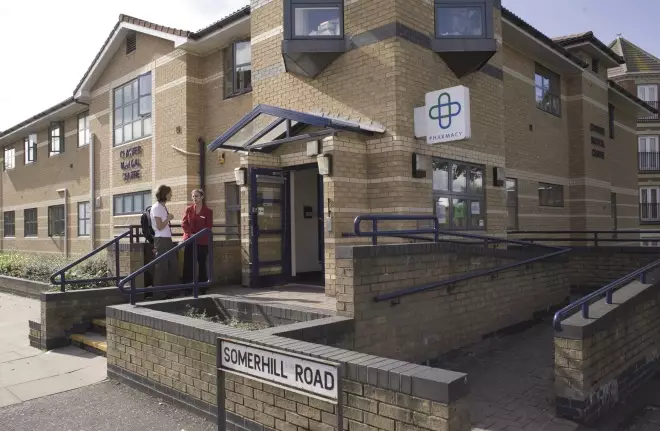
David Reissner
Why might a pharmacist want to set up a pharmacy on GP premises?
For decades, many pharmacy owners have aimed to locate their businesses in the premises of GPs so they can pick up the majority of prescriptions written by the doctors practising there. There are different business models that may help secure this prescription business, each with potential legal and professional pitfalls.
Can a pharmacist dispense in a dispensing doctor’s practice?
Pharmacists often ask whether it is possible to move in with dispensing doctors and pay the GPs to give up their dispensing rights or take over dispensing for them. It is not legal to pay an NHS GP for the goodwill of a medical practice, and the doctor’s dispensing practice is goodwill — you cannot pay a doctor to stop dispensing. We are often asked to try to find a way round these legal issues, for example by enhancing a payment for something other than goodwill. However, the law places limits on what can be done.
Dispensing doctors are allowed to supply medicines to patients who live in a rural area and live more than 1,600m (1 mile) from a pharmacy. These patients are known as dispensing patients. Patients of the same GP who do not live in a rural area or who live within 1,600m of a pharmacy are non-dispensing patients because the GP is not permitted to supply medicines to them.
Pharmacies may open at dispensing doctor practices and supply medicines to their dispensing patients (on the doctor’s behalf) as well as to non-dispensing patients. There are still difficulties in this situation, because NHS England will need to know that the pharmacy is able to distinguish between prescriptions for the GP’s dispensing patients and those for other patients — there have to be systems in place so pharmacists can make sure that they only claim payment for the doctor’s non-dispensing patients. The doctor has to claim payment from the NHS for prescriptions the pharmacist has dispensed on the doctor’s behalf.

Source: Photofusion / Rex Features
Pharmacists often want to locate their pharmacies in GP practices so they can pick up the majority of prescriptions written by the doctors practising there
What should a pharmacist consider if they are paying for business space in a non-dispensing GP practice?
We are often asked about prescription ‘booths’, where the owner of the pharmacy practice wants to install a kiosk or booth in the GP premises and operate a collection and delivery service. Pharmacists and doctors must take care to avoid arrangements that would result in prescriptions being directed to the pharmacy, because this would breach the standards of both professions.
Rights of occupation can also be a problem. I had a client recently who opened a pharmacy in GP premises. The lease did not provide any security of tenure for the pharmacy owner. The result was that when the GPs had a disagreement with the pharmacy owner, they simply told him that he had to leave.
Even where there is a lease that provides a pharmacy with a fixed term, for example, 5, 10 or 15 years, pharmacists should be aware they are at risk of losing the right to renew the lease at the end of the term if the landlords are doctors who want the premises back for their own use, sometimes because they want to operate their own pharmacy.
What other issues should pharmacists and GPs with business relationships consider?
Increasingly often, doctors have a financial interest in a pharmacy. This often gives rise to the suspicion that they are directing prescriptions there. According to guidance from the General Medical Council, if GPs have a commercial or financial interest in the pharmacy, the GP must not allow that interest to affect the way patients are referred. GPs must be open and honest about any interests they have. Pharmacists also cannot pay GPs to refer patients to a specific pharmacy because payments in return for recommendations are banned by the NHS terms of service.
As healthcare professionals, pharmacists and doctors are expected to put the interests of patients before their commercial interests. This does not mean that pharmacists and doctors cannot do their best to make a profit, but legal and professional conduct requirements mean care has to be taken with the way they set up and manage their business relationships.


